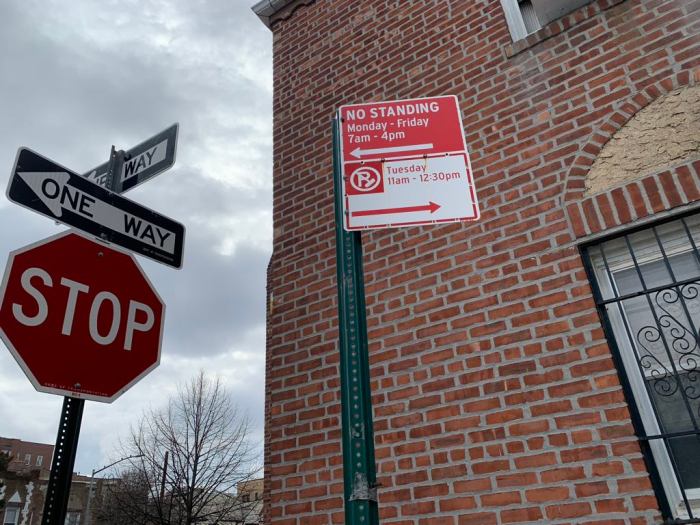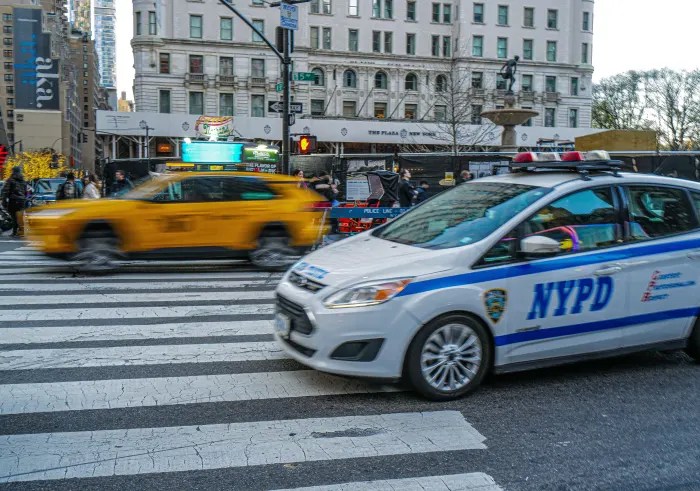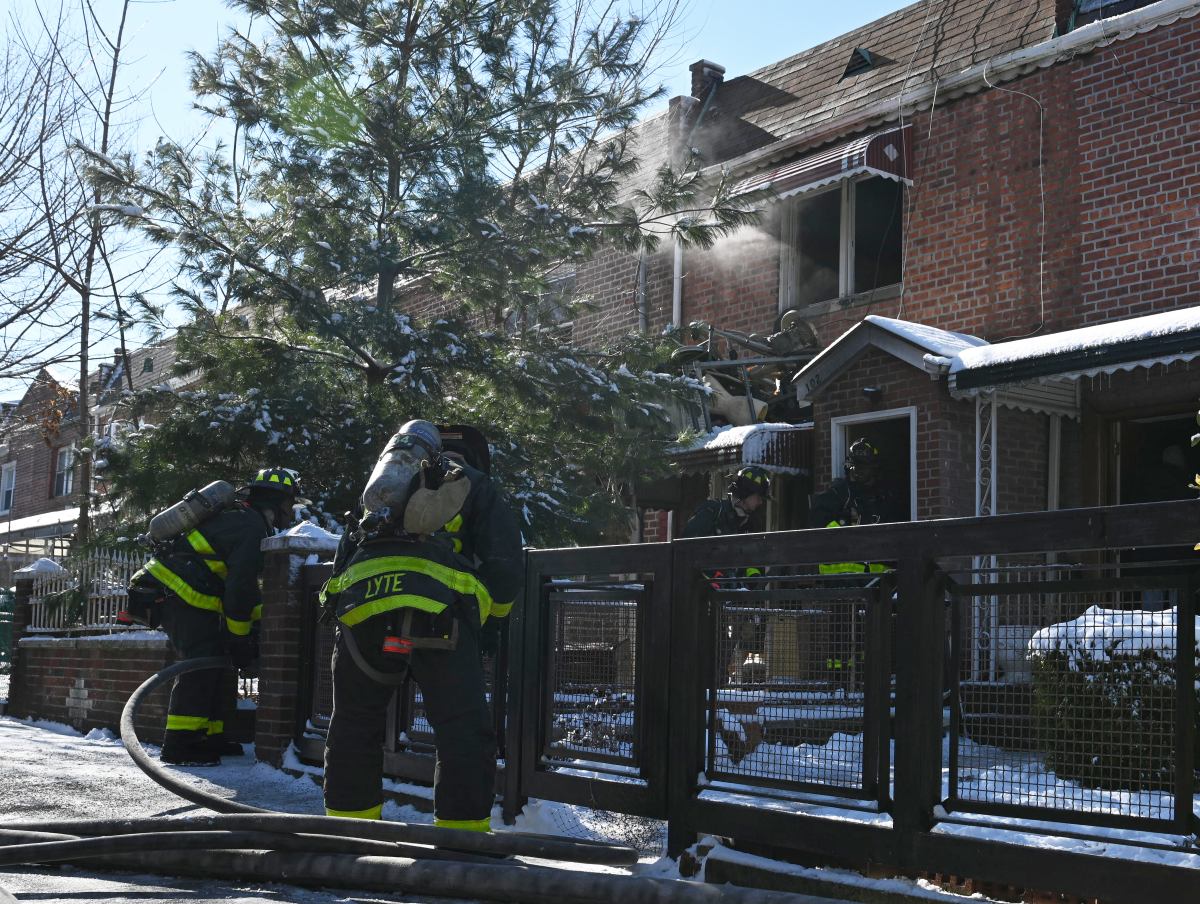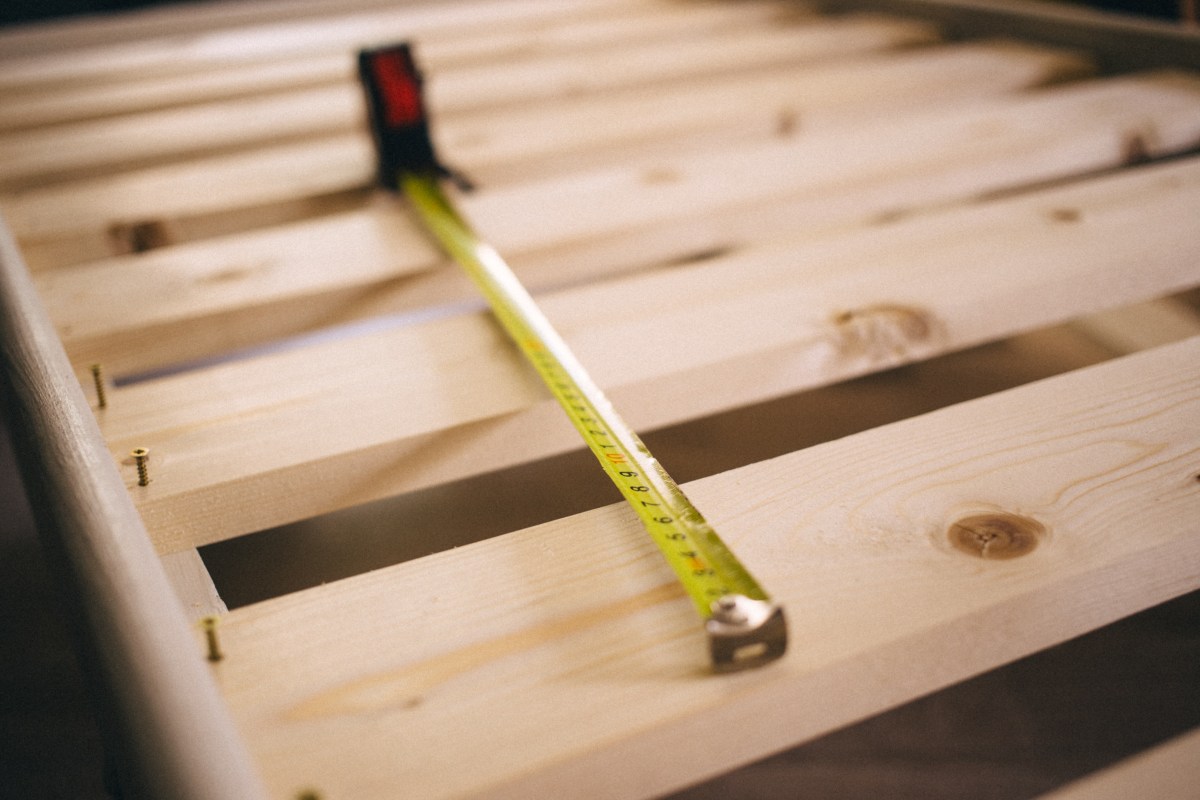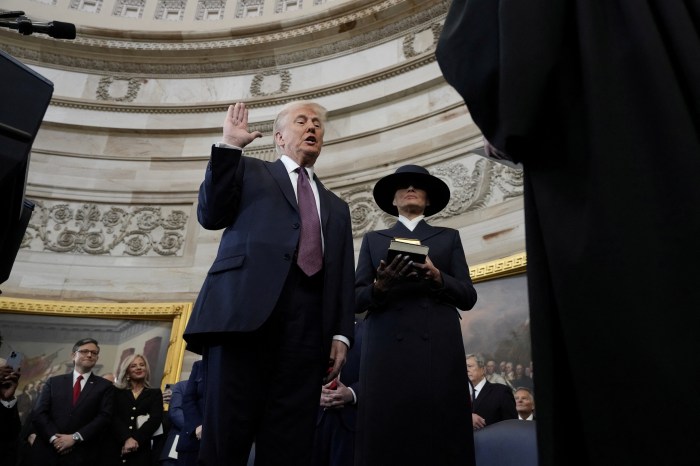
Gov. Andrew Cuomo’s plan to rehabilitate the L train tunnel is moving along, the MTA announced Thursday.
The transit authority hopes to have a definitive construction schedule and reworked contract for the project drawn up in the next “several weeks,” according to an MTA news release. The new proposal calls for crews to repair the Sandy-damaged Canarsie tunnel on nights and weekends, without completely shutting down service through Manhattan in April, as originally planned.
“[The] total shutdown of both tunnels and all service scheduled for April 27 will not be necessary,” the MTA said in a statement. “We do anticipate a shutdown of one tube on nights and weekends, however service both ways (between Manhattan and Brooklyn) would be scheduled 24/7.”
Instead of completely replacing the tunnel’s concrete bench wall during the full shutdown of both tunnel tubes, the MTA will now work on one tube at a time, hanging power and communications lines that were once encased in the bench wall and casing whatever damaged concrete remains with fiberglass-reinforced polymer.
The new construction plan is expected to take between 15 and 20 months, with L service reduced to just three or four trains per hour during the night and weekend work. The originally plan was expected to take 15 months.
Since Cuomo announced the new proposal during a last-minute news conference earlier this month, some experts and former MTA officials have criticized it as a patch job. But the MTA and the outside engineers Cuomo had brought in to craft the new plan believe it will last 40 to 50 years — long enough to warrant pursuing, especially because it will avoid a complete tunnel closure expected to displace about 225,000 daily L train riders.
The MTA appears to be confidently moving ahead with the plans, even though the MTA board will have to approve any material changes to the contract for the work, which has long been set with contractors Judlau and TC Electric. During a public hearing earlier this week, board members expressed discomfort about voting on any redrafted contract before an independent review of the proposal was competed.
“The design firm managing the L train project from the beginning has been Parsons Brinckerhoff (now called WSP),” the MTA continued in its statement. “WSP has done extensive work studying the new design alternatives and has informed the MTA…that the proposed construction design alternatives are indeed applicable to the L train and can significantly reduce construction time and thus the inconvenience to our riders."




